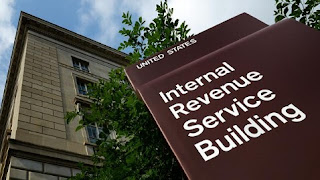Selling to a Related Party can Kill Your Tax Losses
If you sell property to a related party, you may not deduct your loss on the sale. And it gets worse; the loss you cannot deduct no longer belongs to you. It moves to the related party, and that can really complicate matters. This brings up two questions:
1. Who are your related parties?
2. What happens to the loss that the government took away from you?
Related Parties: The tax code says that your related parties include, among others, you and your spouse, brothers and sisters, parents, children, grandparents, or grandchildren. Additionally, it includes corporations and partnerships in which you own, directly or indirectly, more than 50 percent (e.g., stock, value, profits interest).
The constructive ownership rules expand your network of related parties because you are deemed to own what you and your family members own, and if you are a shareholder or partner, you own a proportionate share of the stock owned by the corporation or partnership.
Where the Loss Goes: Your tax-deductible loss is lost to you when you sell to a related party. But here’s a possible (although often unlikely) silver lining: the loss you lost travels to the buyer, and the buyer can use that loss to reduce any taxable gain on a later sale of the property.
For example, say you incur a loss when you sell your business vehicle to your brother. You can’t deduct the loss. If your brother later sells the vehicle for more than he paid you, then he can use your loss to offset his gain. If he sells it for less than he paid you, then he can’t deduct the loss.
You need to know that the related-party loss-disallowance rule exists, so you don’t mistakenly make your tax-loss deductions disappear. If possible, don’t sell to a related party. Instead, sell to a remotely related person, such as an in-law, aunt, niece, cousin, or employee of the business.
Thinking of selling to a Relative? Give us a call at (610)863-8347 for a free consultation.
















